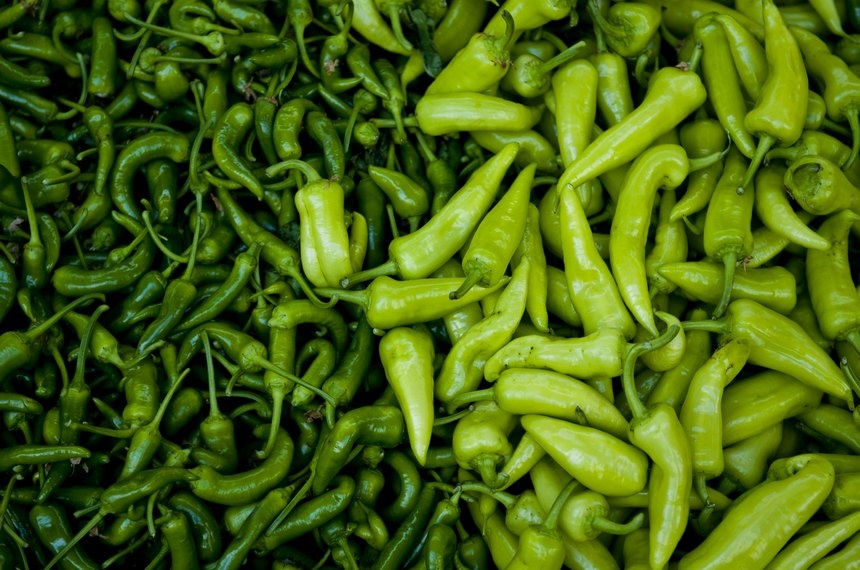
Facilitating food donation: The Good Samaritan Law
According to a 2016 study, around 88 million tons of food are wasted annually in the EU which makes it a pressing social, environmental and economic issue, as we covered in one of our previous articles. The highest food waste within the EU occurs in the Netherlands (541 kg per capita per year) and Belgium (345 kg), while the least amount of food is wasted in Slovenia (72kg) and Romania (76kg).
UN SDGs, which reflect many of EU's own priorities for sustainable development, are set to ensure sustainable consumption and production patterns by 2030. In accordance with Sustainable Development Goal 12.3, which aims to halve per capita global food waste by 2030, European parliament is now pushing to reduce food waste by 30% by 2025 and 50% by 2030 as well.
In EU, most food waste occurs at the end of the chain, in distribution and consumption, which means that one of the best ways of reducing it is through incentivizing and facilitating food donation.
Some of the biggest barriers to a better and more efficient food donation system in the EU, according to this 2014 study, are:
1. tax legislation, more precisely imposing VAT and corporate income tax on food donations, which we covered here
2. lack of clear guidelines in applying waste hierarchy to food, which should be: prevention, redistribution to humans, feeding to animals, recycling, energy or nutrient recovery, composting and landfilling
3. general confusion about food durability and date marking (‘best before’ vs. ‘use by’ labels) and lack of knowledge regarding the donation of food past its ‘best before’ date
4. lack of legislation limiting liability for food donors, such as the Good Samaritan Law in Italy
The General Food Law (EC Regulation 178/2002) identifies food donation as a “market operation”, and food donors as “food business operators”, which means that all actors taking part in food donation have to comply with the EU food legislation concerning responsibility, liability, traceability, food health and food safety. Prospective food donors often decide to discard surplus food instead of distributing it to charities or food banks in order to avoid risks associated with liability for donated food, such as jeopardizing their brand image and reputation, as well as facing fines in cases of food poisoning. Food donors, as “food business operators”, are entirely responsible for the safety of food at all stages of the food chain and must ensure that the requirements of the General Food Law are met at all times.
Italy was the first country in the EU that introduced legislation limiting the responsibility of food donors in its Law no. 155/2003. This law, known as “The Good Samaritan Law", is based on a legal principle which protects those who help in good faith from civil or criminal consequences of their actions and therefore it limits food donors’ liability arising from food safety rules.
The Good Samaritan Law, as it exists in Italy, recognises food banks themselves as the final link in the food chain (i.e. the final consumers of donated products) and prevents individuals receiving food from food banks from being able to file a lawsuit against the food donors. Food donors are hence liable for food safety requirements only to food banks, rather than to individual consumers of food bank provisions. Given that the proper safety and hygiene framework is ensured by food banks after receipt of donations, this legislation provides an extra level of reassurance to donors that stimulates donation, without compromising food safety.
This law has been recognised as one of the Member States’ best practices to foster food donation and as one of the regulatory instruments with the largest impact on the donation of surplus food. There has been a number of recommendations that such a system be considered at EU level, so for example, Biljana Borzan, Parliament's rapporteur on resource efficiency in reducing food waste and improving food safety, has recently stated that “a form of ‘good Samaritan’ legislation at EU level could lead to greater volumes of food being donated and reducing food being wasted, without compromising current standards of food safety”.
It is believed that a common position by the EU, limiting donor liability on food donated in good faith that meets legal safety requirements and transferring that responsibility from donors to recipients, would encourage and simplify food donation.
Author: Marina Tomić (Croatian Institute for CSR)

Follow us on